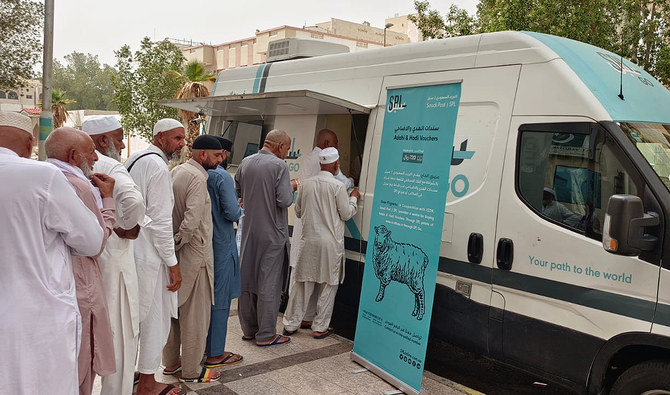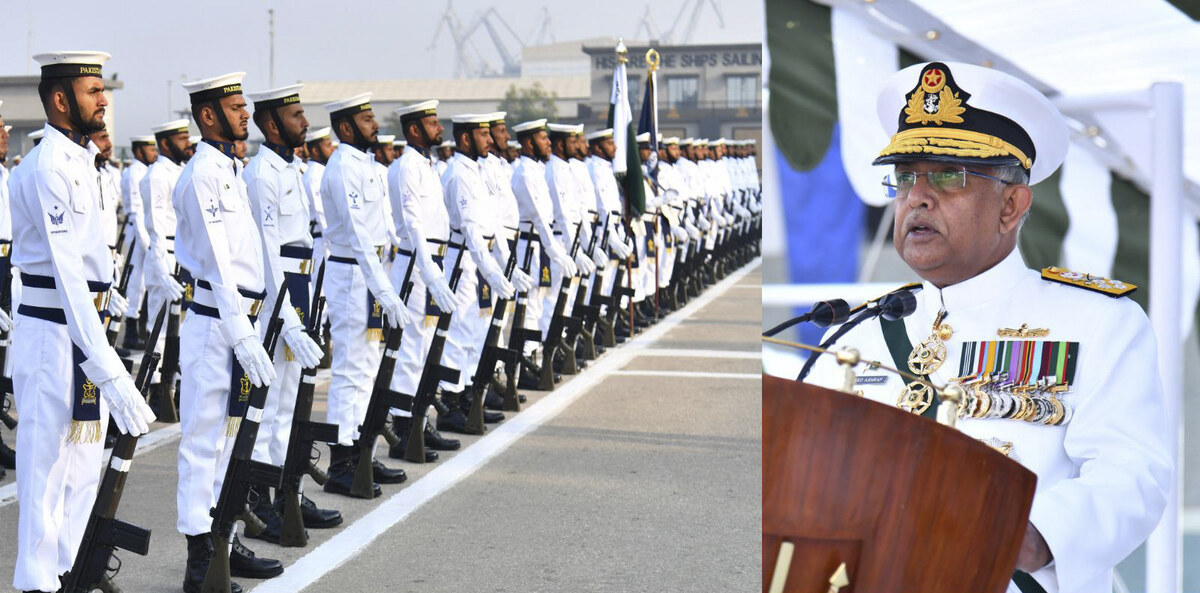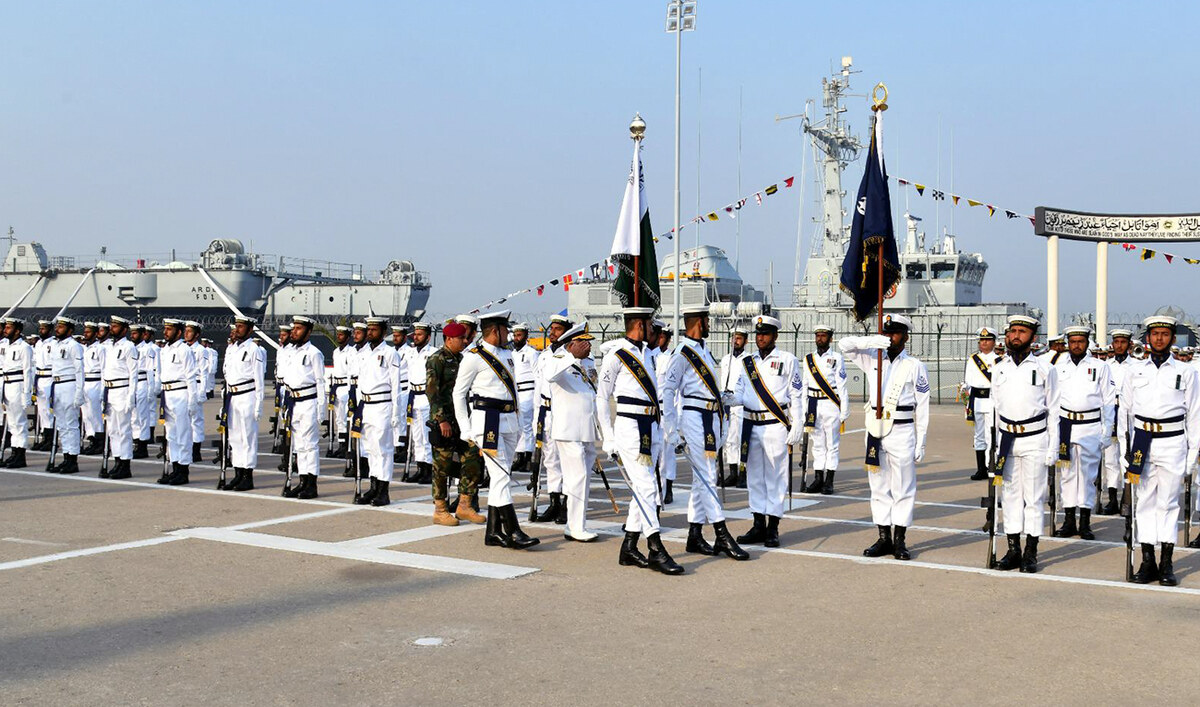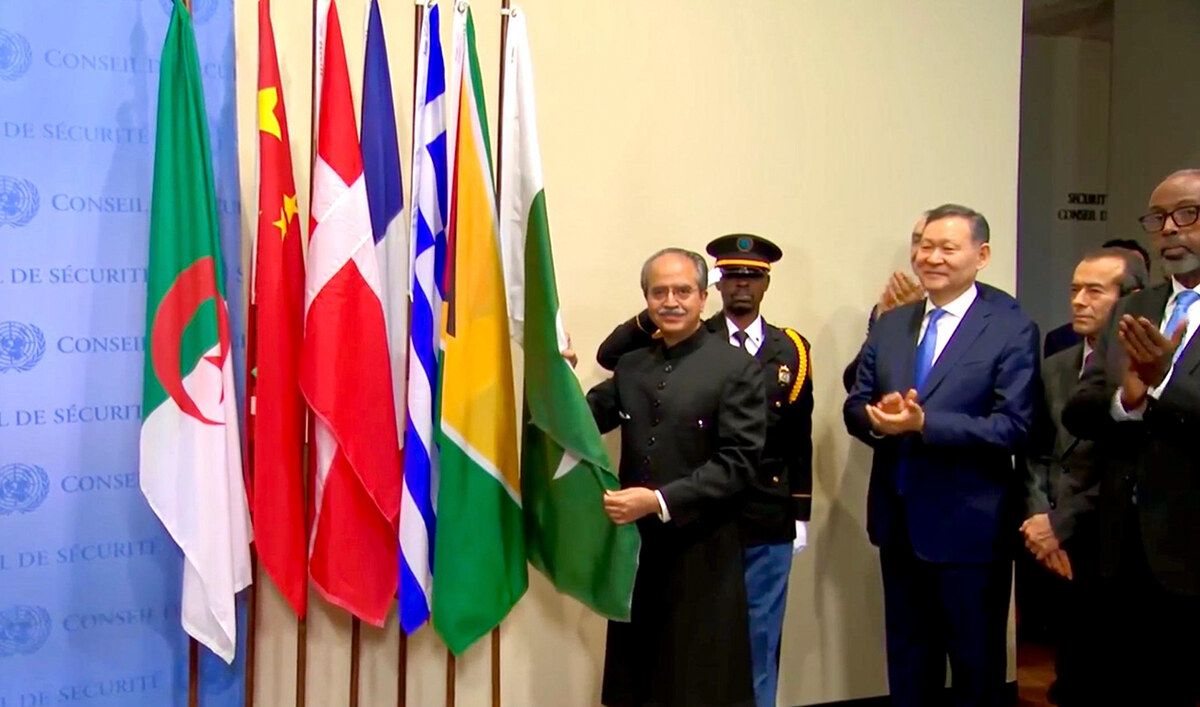ISLAMABAD: Pakistan’s Ministry of Religious Affairs has announced its partnership with a bank in Saudi Arabia to facilitate the sacrifice of animals by pilgrims at the conclusion of the annual Islamic Hajj pilgrimage, scheduled to take place later this month.
The country will be sending 179,210 pilgrims to the kingdom, as the Saudi authorities restored Pakistan’s pre-pandemic Hajj quota in January and removed the upper age limit of 65. Around 80,000 individuals will embark on the spiritual journey through the government scheme, while the remaining pilgrims will be accommodated by private tour operators.
Many pilgrims have already made payments for the animal sacrifice when purchasing their Hajj packages. However, the newly introduced government facility aims to assist those who were unable to make the ritual payment earlier.
“The government of Pakistan has arranged the sacrifice for Hajj pilgrims with the support of a Saudi bank,” Abdul Wahab Soomro, the director-general of Hajj, said in a statement circulated by the ministry. “Pilgrims will receive the sacrifice token from a booth or mobile van located near their residence, and they can purchase the token by depositing 720 Riyals.”
He further mentioned that pilgrims will also be notified of the designated time for the sacrifice upon acquiring the token.
According to the state-owned Associated Press of Pakistan (APP) news agency, mobile vans operated by the Saudi Post and the Islamic Development Bank were observed selling tokens for sacrificial animals in Makkah’s Al-Azizia neighborhood on Sunday.
Many pilgrims lined up to deposit the required amount and avail themselves of the service.
Hajj is an obligatory religious ritual for physically and financially capable adult Muslims. It entails visiting the holy cities of Makkah and Madinah at least once in a lifetime and occurs during the last month of the lunar Islamic calendar, known as Dhu Al-Hijjah.



















